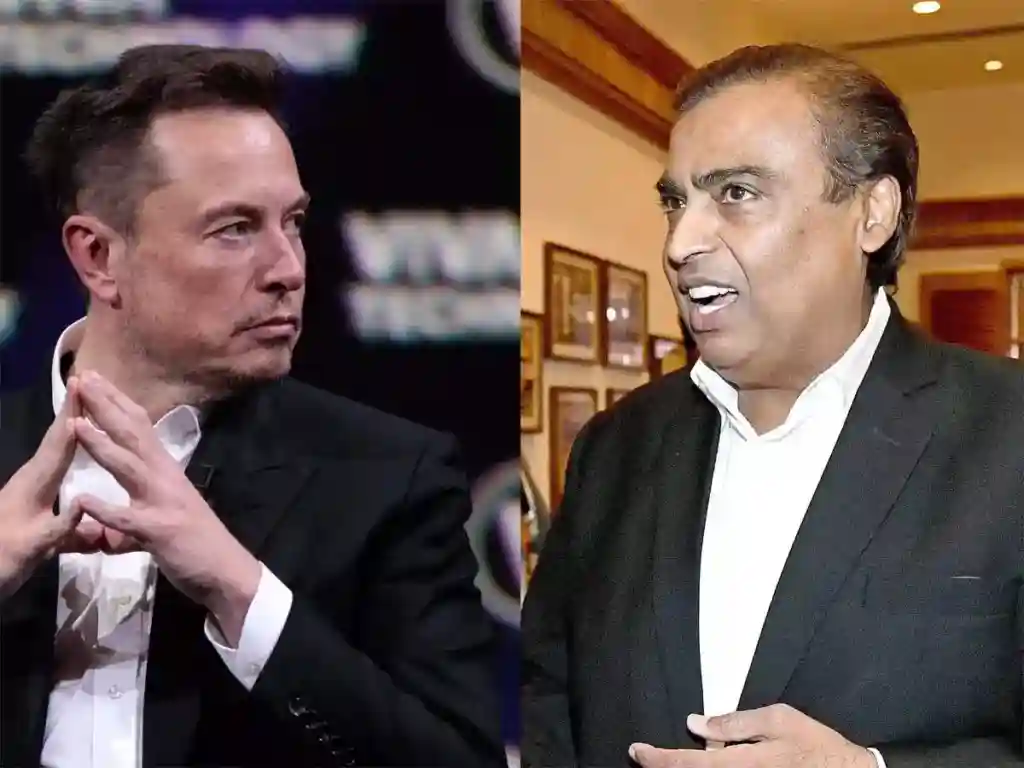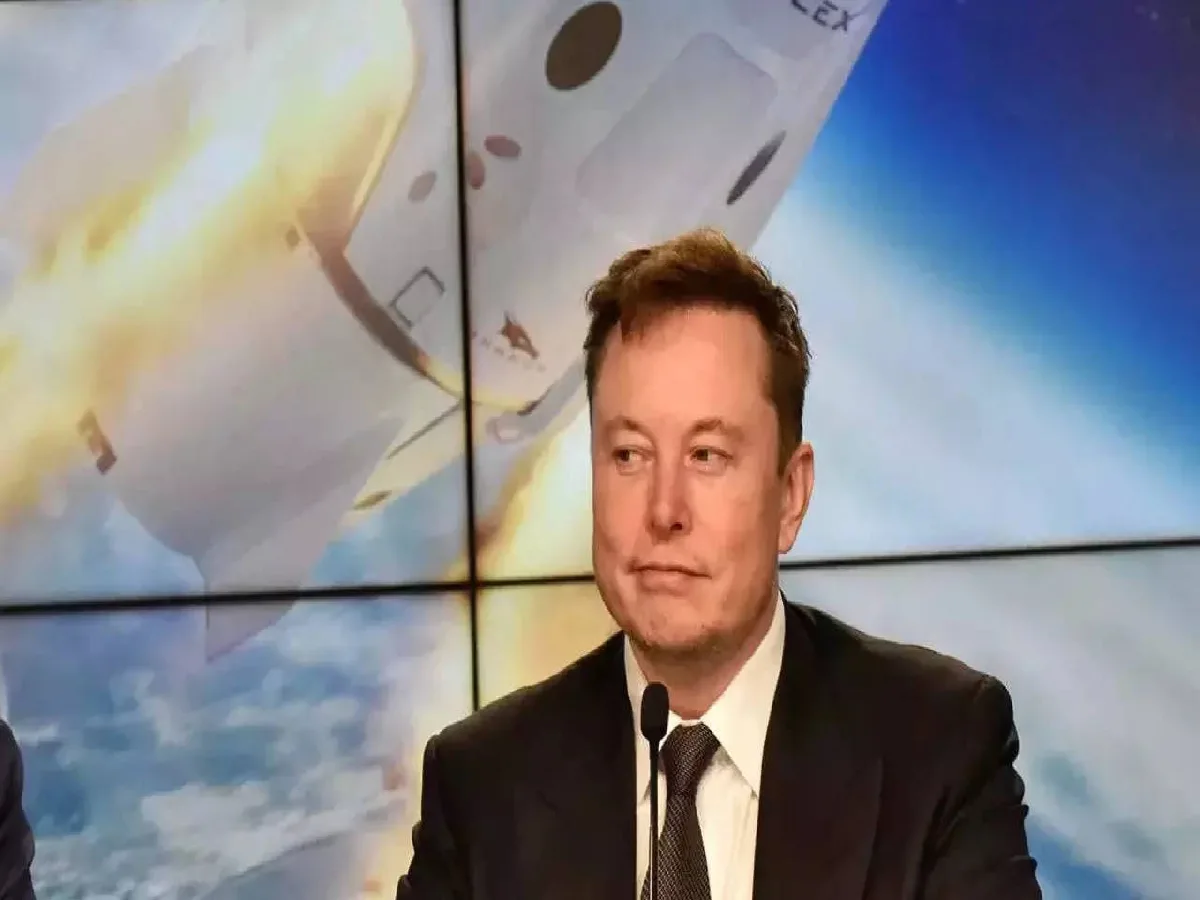Elon Musk’s satellite internet startup, Starlink, is making waves around the world, but in India, it has failed to frighten competitors. There are several explanations, ranging from regulatory impediments to pricing dynamics and the unique characteristics of India’s rural market.
Pricing is a big problem for the US-based firm. Starlink’s cheapest monthly bundle is roughly $50 (Rs 4,200). On the other hand, Airtel Xstream Fiber rates begin at Rs 499 (excluding taxes) per month, while Reliance JioFiber tariffs begin at Rs 399 (excluding taxes) per month.
Even if Starlink avoids the high costs, it will still need to overcome all regulatory hurdles. The corporation has had difficulty fitting into India’s licensing regime. Unlike in other countries, where spectrum distribution for satellite communication is largely dependent on administrative guidelines, India’s telecom legislation mandates a Unified Access Service Licence (UASL) for all communications services.
The UASL is a comprehensive license that enables service providers to offer a wide range of telecommunications services, including voice, data, and satellite communications, under a single license. It is a component of India’s regulatory framework, designed to ensure that operators meet specific rollout responsibilities, adhere to quality standards, and contribute to government revenue through license payments. This criterion presents a significant barrier to entry.
Furthermore, India’s rural areas, while in need of better connectivity, pose a hurdle to market density. In contrast to more sparsely populated places overseas where Starlink thrives, rural India is usually thickly populated, making the justification for expensive satellite-based internet services less appealing. The cost-benefit ratio just does not compare well to the quick adoption of low-cost 5G services.

The dynamics between India’s telecom players have also changed, with Bharti Airtel and Reliance Jio becoming closer unified on spectrum distribution, despite their earlier rivalry. Mukesh Ambani leads Reliance Jio.
has advocated for a full-fledged auction of satellite spectrum, claiming that it assures a level playing field for all companies, even those seeking to serve urban, high-paying clients. Bharti Airtel, managed by Sunil Mittal, favors some type of payment but prefers an administrative approach over an open auction. Jyotiraditya Scindia, India’s Telecom Minister, has similarly taken the latter position, agreeing with Bharti’s preference for administrative distribution while embracing a fair pricing system established by the telecom regulator.
Elon Musk applauded the Indian government’s decision to issue satellite spectrum administratively rather than through an auction. Musk praised the decision, stating it is in line with international standards, and underlined that such action would be unprecedented, given that the International Telecommunication Union (ITU) reserves such spectrum for shared satellite use. Despite Musk’s optimism, his plan to bring Starlink to India has considerable practical challenges, making it less of a threat to established players like Airtel and Jio.
The result is a market in which no one seems to be concerned about Elon Musk’s Starlink. Starlink’s debut in India is projected to be tough due to regulatory limits, price concerns, and the competitive edge enjoyed by local telecom firms.

